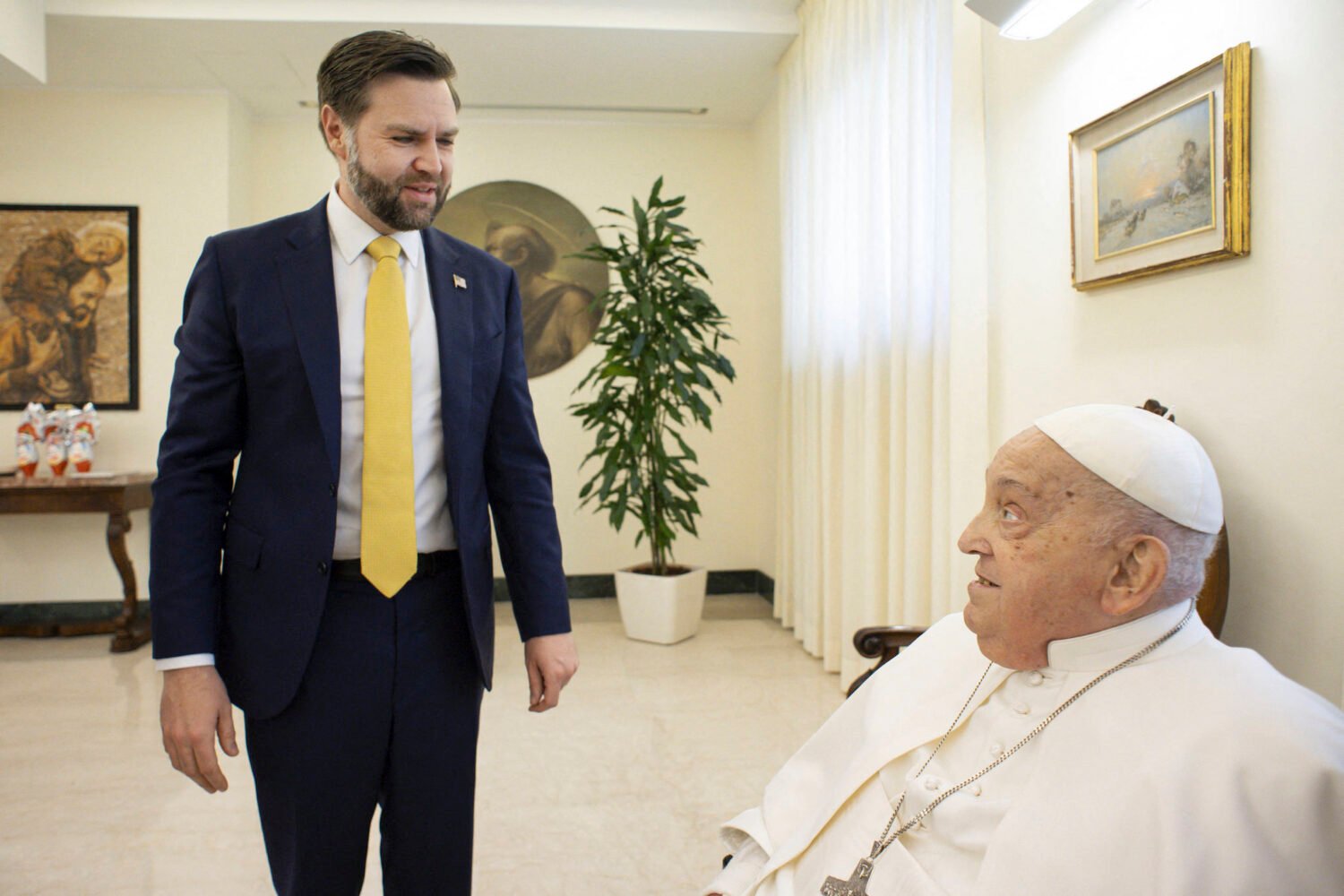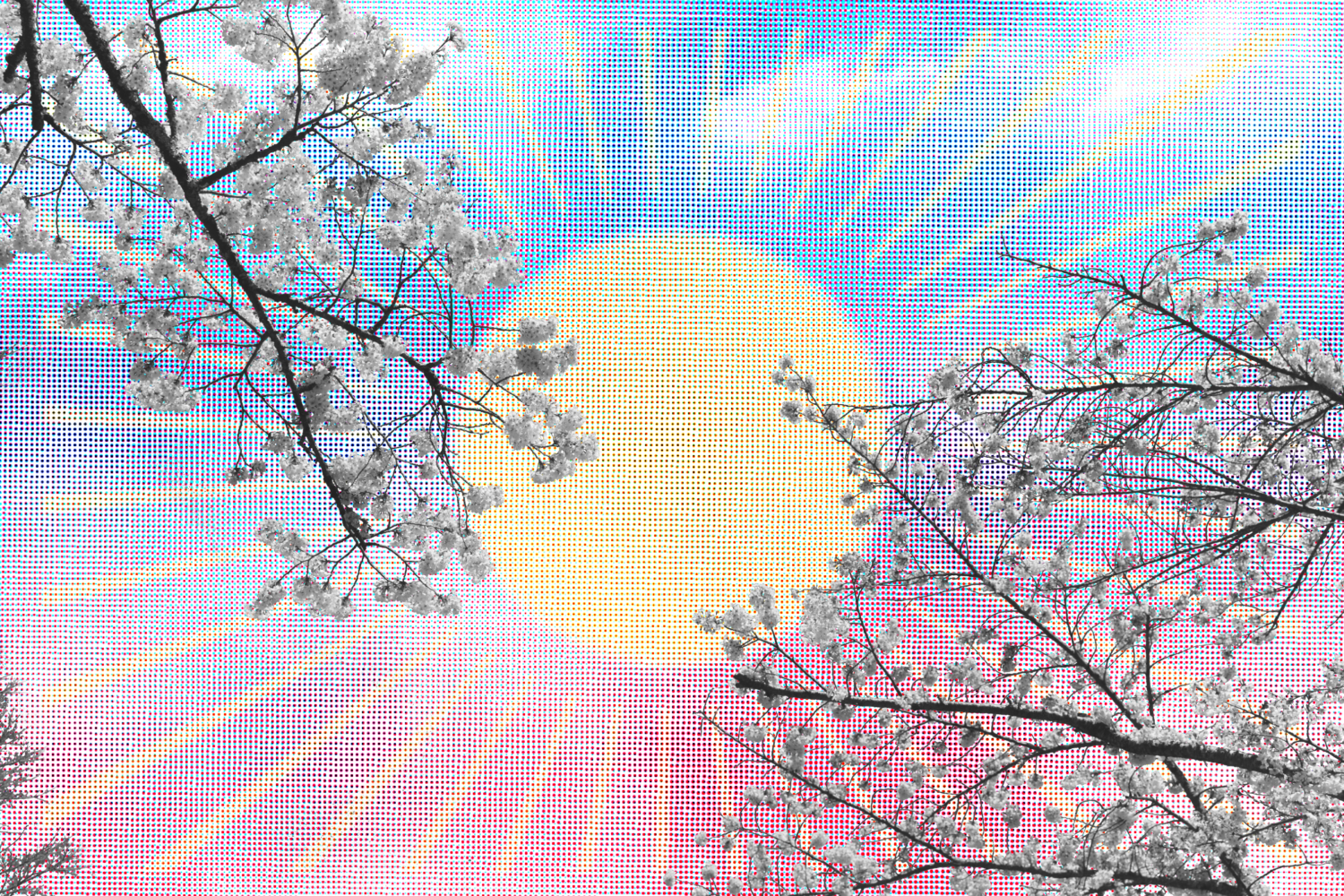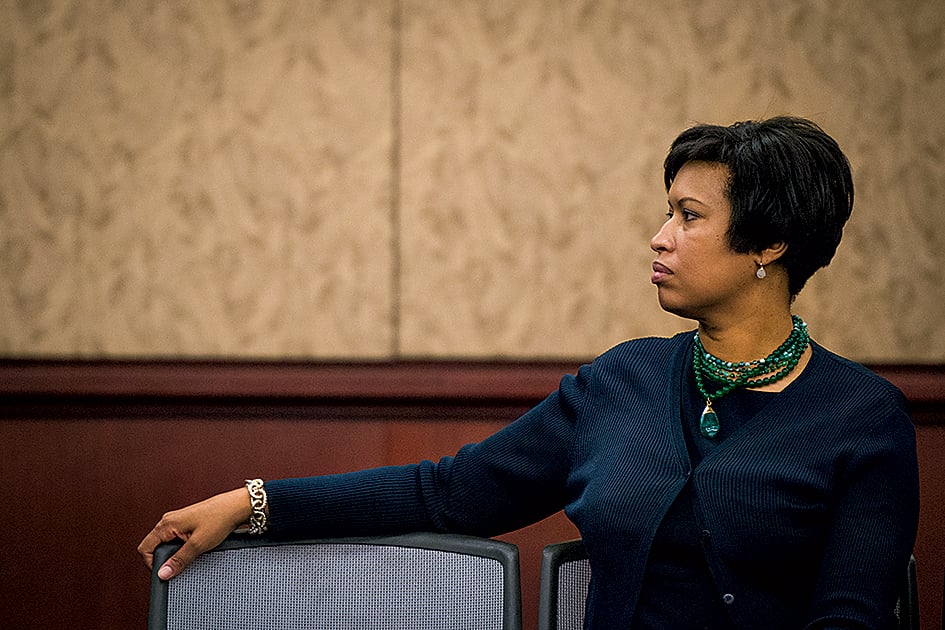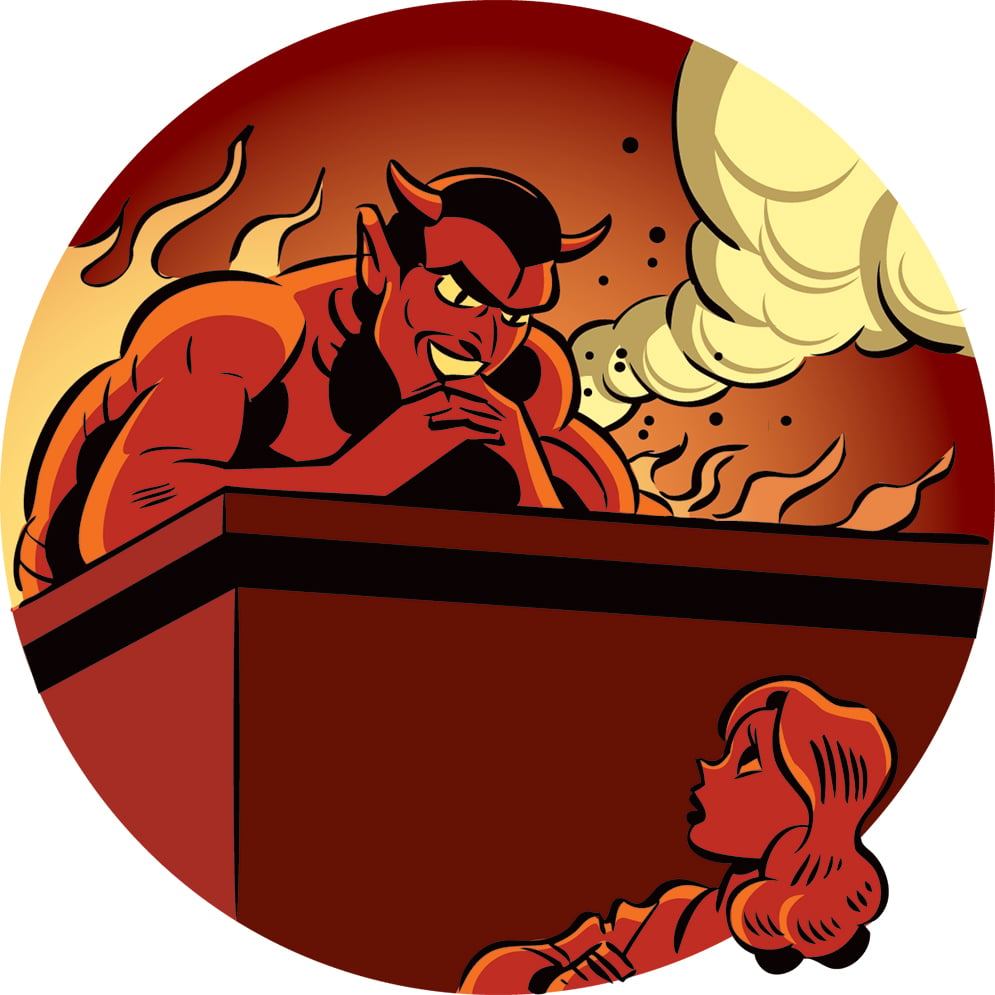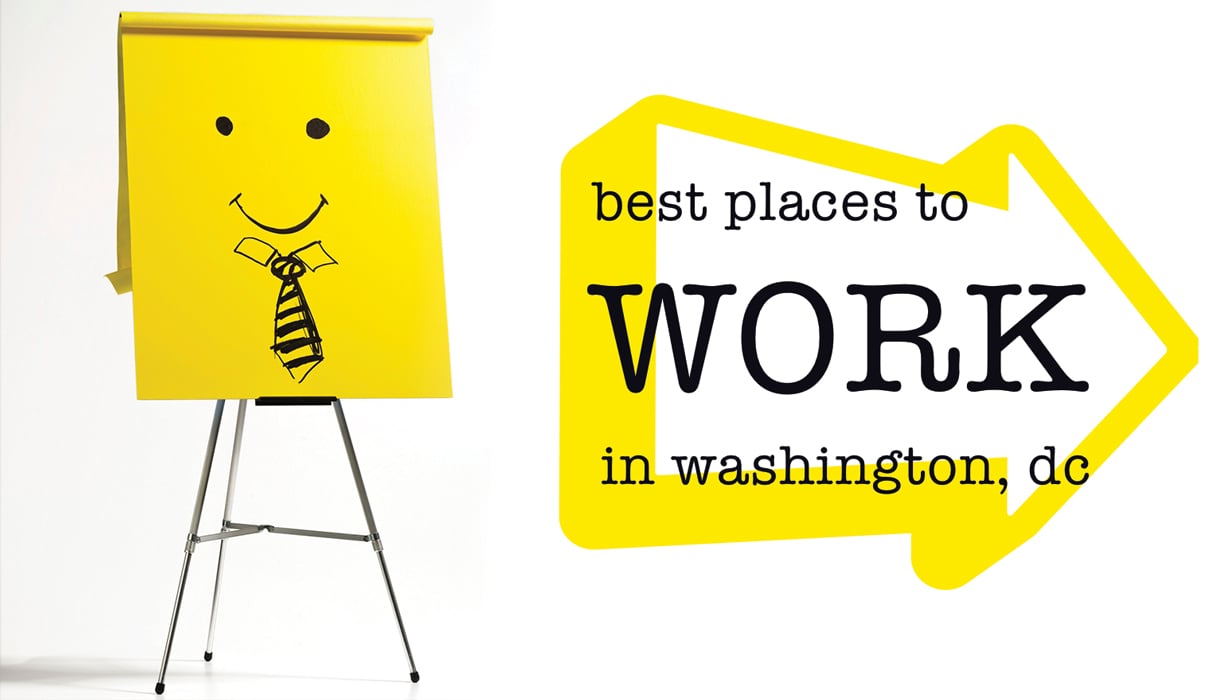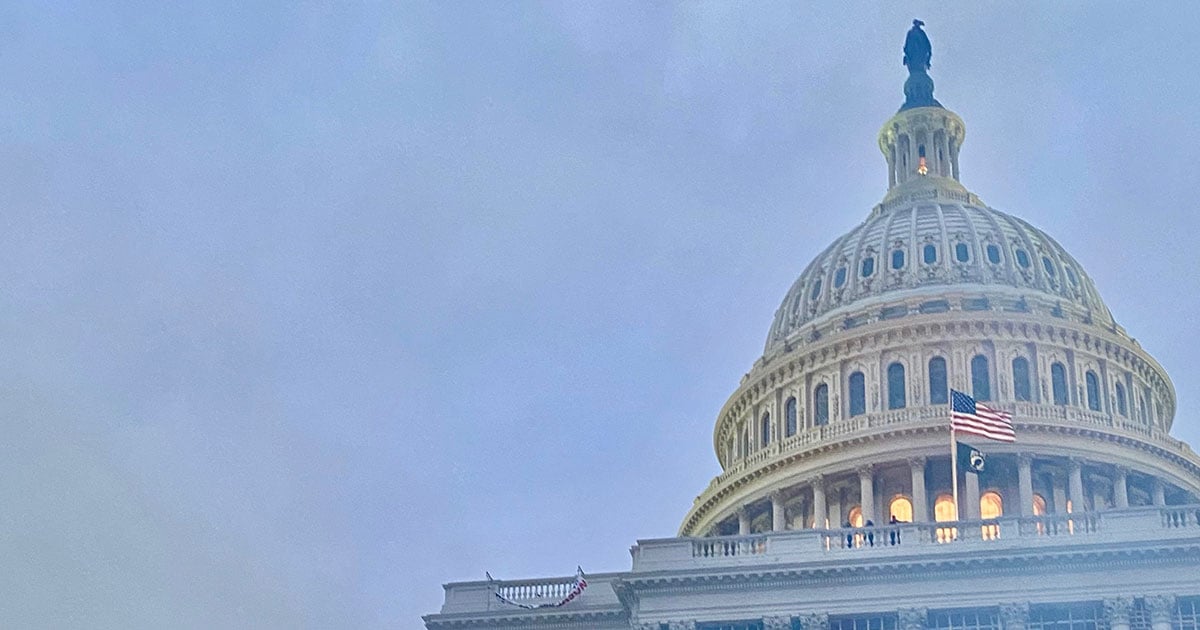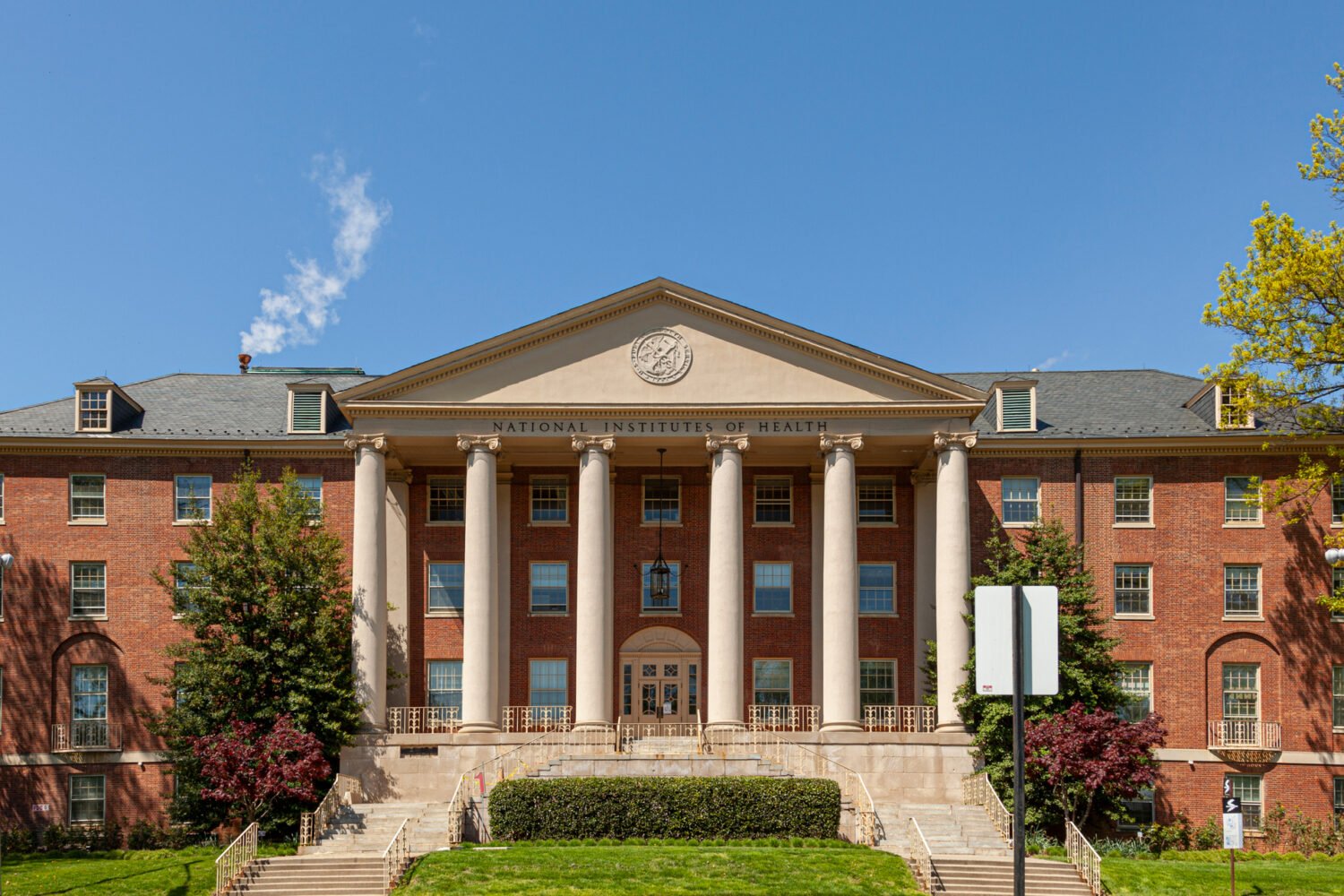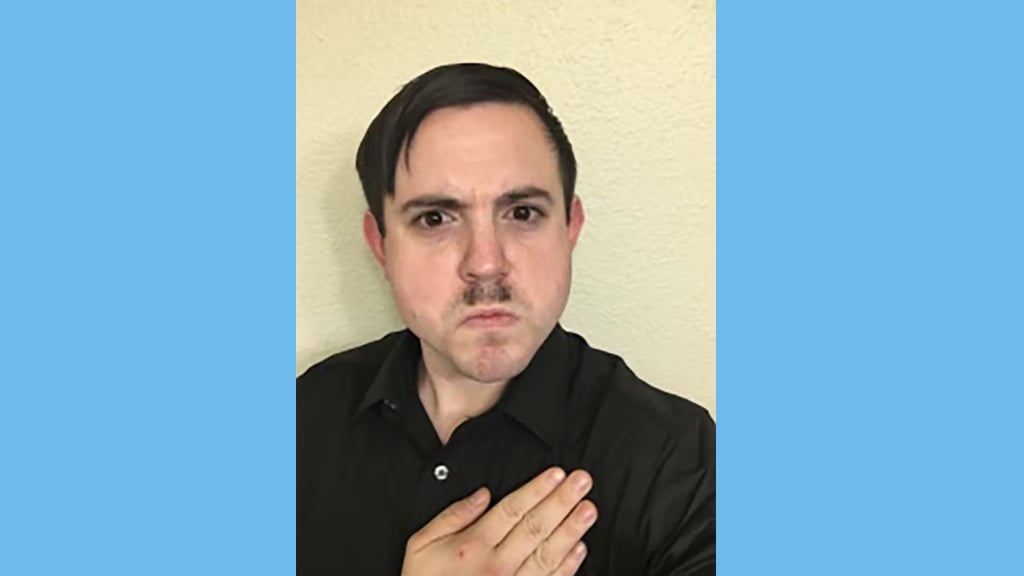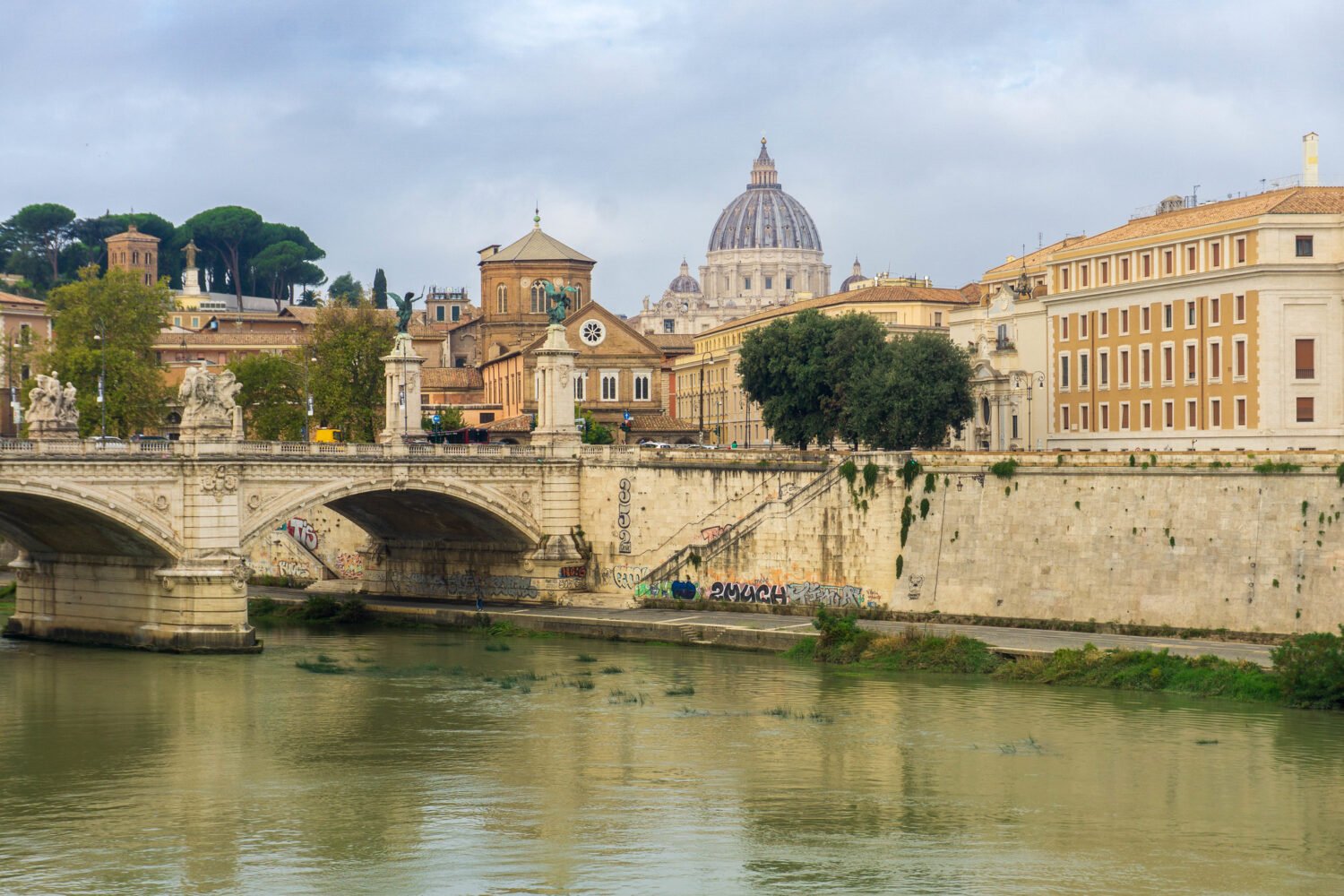
The news broke on Facebook: Megan and Ben, together for a few months, had split. Friends of the high-school couple saw it on their “newsfeed.” The headline—megan and ben ended their relationship—was accompanied by a little icon of a broken heart.
This is the kind of drama that high-schoolers crave. They used to have to wait for the grapevine to bring such juicy news. Now they find out right away. Facebook—a social network that’s one of the nation’s most popular Web sites—is a place where everybody knows everything about everybody else. Teens publish intimate personal details, post photos of drinking and cavorting, and bare their souls.
Most secrets don’t stand a chance, which is sort of the point. Soon after Megan and Ben broke up, Ben started dating Megan’s friend Julie. The move shocked everyone—and made more news on Facebook. According to friends, Megan put a note up that read: “Megan wishes people wouldn’t backstab all the time.” She also posted a less-than-flattering photo of Julie.
Ben in turn cropped Megan out of photos on his profile, prompting Megan to write on his page: “Excuse me—I used to be in this picture.”
Facebook is something any generation of teenagers would love. “We have our own little world on Facebook,” says a senior at McLean High School. “It’s really just a big relationship newsroom.”
It’s not just the gossip that entices teens. Facebook offers an adult-free world where kids can do and say what they want. This may seem like harmless fun, but as kids often learn, words and photos on the Internet can take on a life of their own.
To understand why Facebook is so cool—one Potomac teen calls it “the best thing ever invented”—and so scary, consider the profile of a girl we’ll call Annie. She has created her profile from a Facebook template that she filled out with her birth date, hometown, religious views, and details of her love life. Facebook also asks for political views, but those aren’t a big concern for a lot of high-schoolers. They tend to leave that space blank.
On the question of “relationship status,” Facebook offers a menu of choices that includes “single,” “in a relationship,” “in an open relationship,” and even “it’s complicated.” Annie’s “in a relationship” with Jon, so her profile links to his.
Facebook’s menu of answers to the template question of “looking for” ranges from the tame (“friendship” and “dating”) to the racy (“random play” and “whatever I can get”).
Each profile is topped by an image, and Annie’s shows her in her prom dress, arms around friends. Thousands may see this picture, and if you’re Annie, you’ll probably obsess over it.
Annie has set her profile to private, so only Facebook members whom she friends—“friend” is a verb now—can see it. She has 423 Facebook friends. Many are from her school; others she’s never met.
In Annie’s “favorites” section, we discover she likes field hockey, procrastinating, the TV show Grey’s Anatomy, roller coasters, Justin Timberlake, Dr. Phil, tanning, Slurpees, Harry Potter, shopping, and the movie Old School. Annie seems smart. Her course list says she’s taking three Advanced Placement classes. Her favorite quotes include: “OMG this skirt is sooo cute!!! if I was a HOOKER!”
Facebook members have a newsfeed that brings word of any changes their friends make to their profiles. Annie loves the newsfeed, but it gets annoying. She doesn’t care if Sarah adds the movie Knocked Up to her favorites, but she needs to know if Sarah starts dating someone.
Every Facebook profile has a message “wall” where kids leave notes—open to view for any Facebook friend. More than 1,500 posts plaster Annie’s wall. “I’m grounded toooo! text me!” reads one. Another says, “Puff, puff, pass. You’ve just been passed the Bong.”
The best part of Annie’s profile is the hundreds of images in her photo albums: baby pictures, friends at a hookah bar, football games, and friends drinking at a party, falling all over each other.
Annie isn’t real. For privacy reasons, we made up a composite profile drawn from a dozen or so Facebook profiles posted by area kids. It’s a window into a virtual secret clubhouse for teens. Adults aren’t invited.
Facebook wasn’t created for teenagers. Former Harvard student Mark Zuckerberg started the site in 2004 as an online university directory. It quickly turned into a social-networking tool for colleges, then opened to high-schoolers two years ago.
With more than 26 million members, Facebook is one of the most trafficked site in the country. More than 1,500 members list the 1,800-student Thomas Jefferson High in Alexandria as their school. About 2,400 say they’re from Walt Whitman High. That Bethesda school enrolls only 1,900 students, but some members are probably alumni.
Many teens join Facebook after tiring of MySpace, another popular social network. MySpace was yesterday’s fad. Plus, it’s considered sketchy. A McLean High junior got spooked after receiving MySpace messages that read, “You’re really hot. Let’s hook up.”
“MySpace is really predatory,” says University of Maryland associate professor Kent Norman, a cognitive psychologist who studies the Internet. Because it’s not easy for an outsider to get into a high-school network, he says, “there isn’t the same level of creepy.”
A teen’s introduction to Facebook can easily turn into obsession. “We get people who are literally Facebook-addicted,” Norman says.
Even teens who make fun of Facebook can’t stop. Erin, a junior at Thomas Jefferson, shuts down her profile before midterms. “I’m kind of like weaning off of it,” she says just before finals week. “You sit there like, ‘I’m just gonna check what’s new.’ Then you keep clicking.”
A student at DC’s National Cathedral School made her dad activate his BlackBerry internationally so she could check Facebook from Africa. “It sounds so insane,” she says. “But it’s a way of life.”
Says Elinor Scully, upper-school director of National Cathedral School: “Parents sometimes say to me, ‘We just have to crest this wave. It’s a fad—it’ll peter out.’ I don’t think it will.”


